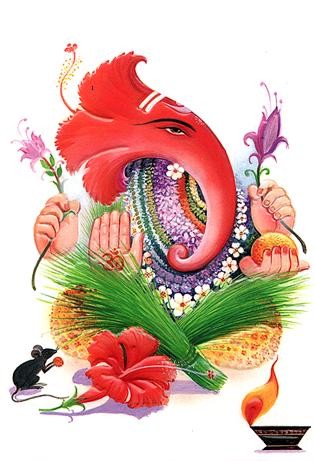
YOU ARE INVITED
You are invited to participate in the
6th America Telugu Sahithi Sadassu (Telugu Symposium of America), the popular national forum for Telugu writers, scholars, critics, literary enthusiasts and all those who love Telugu language & culture in North America. The Symposium is organized by Vanguri Foundation of America (a non-profit organization dedicated to promote Telugu language and creative writing since 1994), well known Telugu web magazine
www.koumudi.net, SiliconAndhra and several Telugu literary enthusiasts from Bay area. The previous such Symposiums were held in Atlanta (1998), Chicago (2000), Detroit (2002), New Jesey (2004) and Houston (2006).
The legendary Telugu writer & film actor Sri Gollapudi Maruthi Rao is the Chief Guest of 6th America Telugu Sahithi Sadassu. Smt. Balabhadrapathruni Ramani (well known author of novels, short story, movie scripts and TV serials, on her first visit to USA) will deliver the Inaugural address. Sri Satyam Mandapati (Austin, TX) respected writer and literary stalwart of North America will deliver the Keynote Address. The autobiography of Sri Gollapudi Maruthi Rao, recent publications of "Kalaprapoorna" Dr. A. Anasuya Devi (well known folk & light music singer), and special publications of VFA including the 10th volume of the internationally acclaimed America Telugu Kathanika series will be released.
Smt. Attaluri Vijaya Lakshmi (Famous writer of plays, novels & poetry), Dr. R.Anantha Padmanabha Rao (Director of Bhakti channel of TTD, Tirupathi) and others are distinguished participants and special invitees.
Special attractions include participation by several writers in Sweeya Rachana Pathanam, friendly literary contests (organized by Savithri Machiraju) on writing classical poetry (Ataveladi, Tetagiti etc), "anthakshari" type program of reciting classical poetry, and a workshop on how to write a creative short story. Additional attractions are a special Youth Forum for second generation Telugu students from all over USA, a "Thank you" event for all those who supported establishment of Telugu Studies at University of California, Berkeley (Organized by Dr. Vemuri Venkateswara Rao), and Book Exhibition
The two day event is divided into several interesting sessions to review the development of Telugu literature in India and in North America. The topics include Sampradaya Sahityam, Contemporary trends, Telugu literature in North America (Diaspora), Teaching of Telugu language in USA, developments in computer technology related to Telugu fonts & Telugu e-mail.
Please visit www.koumudi.net for complete details.
YOU ARE REQUESTED
We sincerely request your generous financial support to conduct this only Telugu Symposium of its kind in North America. Registration fee & donation are tax-deductible (Tax ID # 76-0444238). Please make checks payable to Vanguri Foundation of America, Inc and mail to the address shown on left or register & donate online at www.tickets2events.com
Contact Information
For Registration, Donation and participation in the programs
Chitten Raju Vanguri
Phone: 832 594 9054
E-mail: rvanguri@wt.net
Organizing Volunteers
Dr. Vemuri Venkateswara Rao (vemurione@yahoo.com)
Kiran Prabha (rao_pathuri@yahoo.com, 925.548.7431)
Anand Kuchibhotla, 408 718 0040, anand@kuchibhotla.com
Kumar Kalagara (kumar.kalagara@gmail.com,
916.337. 0914)
Raghu Malladi (rmalladi@rationalit.com, 510.823.3197)
Rao Tallapragada (rao@infoyogi.com, 408 375 7853)
Mruthyunjayudu Thatipamala 408 386 2909, mj_thatipamala@yahoo.com
Dr. Pemmaraju Venugopala Rao (phspvr@physics.emory.edu
404 727 4297)





